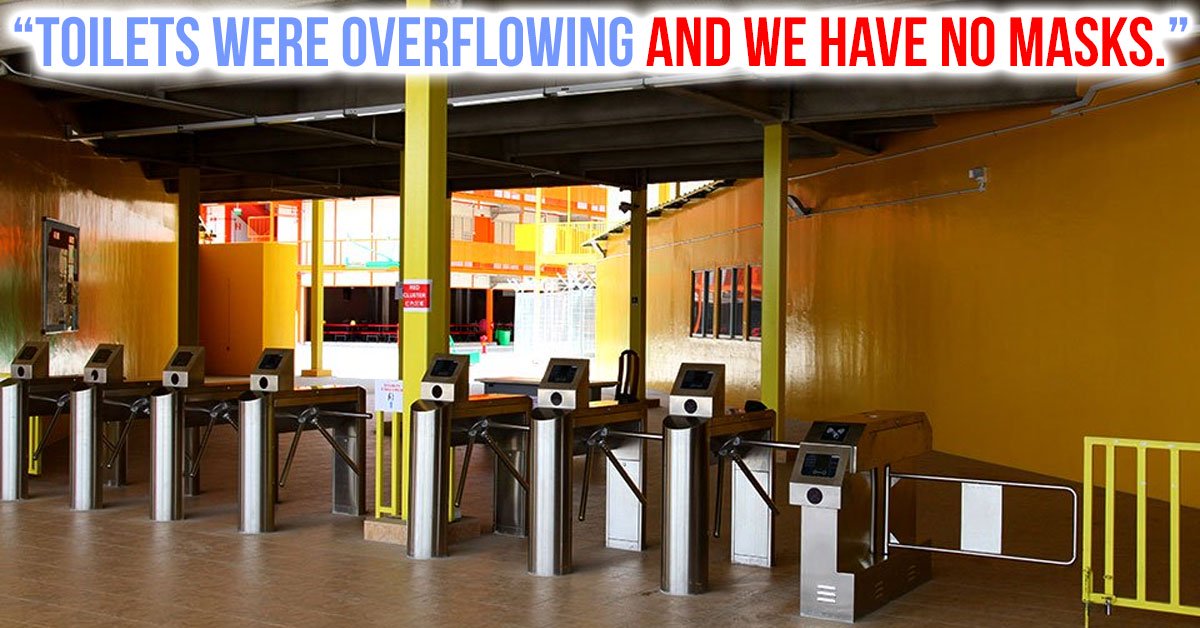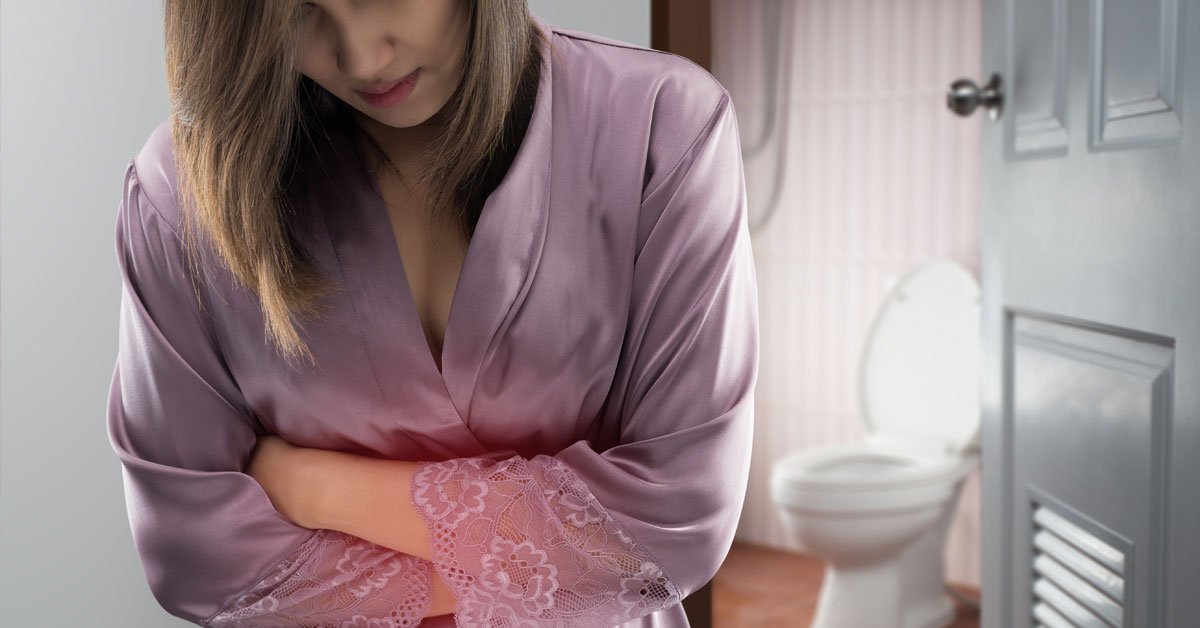From 7 Apr 2020, Singaporeans will be restricted to the comforts of their own homes for an entire month.
We can be considered the lucky ones.
Because for a group of foreign workers, they are looking at a month of lockdown within unhygienic dormitories.
S11 Dormitory @ Punggol, also known as PPT Lodge 1B, is designated by the government as an isolation area because it has 63 Covid-19 infection cases.
About 13,000 migrant workers stay together in the dormitory and they were not allowed to leave the premises.

Straits Times spoke to some of the migrant workers living within the dormitory, who revealed the horrifying living conditions within the complex.
The Ministry of Health (MOH) said that they’ll provide the workers with masks and hand sanitisers, thermometers and digital connectivity.
It was added that dormitory operators must maintain high hygiene standards and implement safe distancing measures.
However, at this particular dormitory, migrant workers find it hard to stay within their own rooms and they said most of them did not have masks.
Unhygienic Living Conditions Reported By Migrant Workers
The urinals in the shared toilets are clogged and overflowing with urine. When the residents had to go to the toilet, they had to step on the urine and walk back to their dorms.
Cockroaches were also crawling around within the rooms and they could smell the urine from the toilet from their rooms.
The buildings were infested with cockroaches as well and they could see cockroaches crawling in the room.”You can see cockroaches crawling in the rooms. There are also many mosquitoes. Many people just stood outside their rooms, in the corridors. There are also smoking areas at each end of the corridors, and the toilets are also there. You can smell urine when you stand outside the rooms.”
And to make it worse, cleaning at the dormitory was haphazard, at best.
The trash was not cleared for two days either and food boxes were piled up in the trash bins.
“Today, one cleaner went to the toilet and just sprayed water and left. He didn’t use any Dettol and also did not dispose of the trash, which has been around for two days.”
Most of them choose to stand outside their rooms in the corridor instead or go to the common areas.
Even during the collection of food, where the workers queue up to get their food, there was no safe-distancing between them as well.
Food Problems
When officials from the Ministry of Manpower (MOM) came to the dormitory to announce the lockdown, they assured the workers that food will be provided for them and ask for the workers to stay within their own rooms.
“The announcement was broadcast on the speakers outside our rooms. He said MOM will provide food for us and we are to stay inside our rooms and not crowd the common area.”
However, it seems that the workers are experiencing problems with the food.
A migrant worker reported that most of them woke up at 8am for breakfast but had to wait until 10am for the food to arrive.
Lunch was served at 3 to 4pm.
And workers who still had food will cook in the kitchen because dinner has not arrived yet, even at 8pm.
Because the lockdown happened so suddenly, most of them did not stock up on food. Which means once their food supplies are used up, they’ll be left at the mercy of catered food.
Some had called their employers to ask for food supplies to be delivered to them but were told they could not do so.
A project director at Beng Khim Construction had wanted to deliver some dry food to his workers but was told he wasn’t allowed to do so.
An employer was reportedly horrified by the living conditions of his worker:
“I believe the Government has no choice and a lockdown is necessary. It’s also hard to ensure that the place is in the best condition, but the current state is really horrendous and I can’t imagine how my workers have to live there for a month.”
When a managerial employee operating the dormitory was contacted by ST, he only had this to say:
“We are doing our best. Everything is in the Government’s hands.”
As for the workers in the dormitory, they’re afraid that they’ll be the next.
“We are all very, very scared. It can happen to any one of us,” —Mr Kalyanadurai, who works as a site supervisor.



